Advocates Await Decision on Private ICE Facilities in California
Immigration advocates are awaiting a critical decision from the United States Court of Appeals for the Ninth Circuit (9th Circuit) regarding AB 32, a California law passed in 2019 that banned the use of private prisons and private civil detention facilities used by Immigration and Customs Enforcement (ICE). The law, the first of its kind in the nation, is being challenged by the private prison corporation, the GEO Group, Inc., and the federal government.
In the fall of 2020, a district court in San Diego upheld AB 32, finding that California had the right to regulate the conditions of confinement for anyone detained within its borders, including those in federal immigration custody. The case was appealed to the 9th Circuit, with oral argument taking place on June 7th.
Now, advocates are anxiously awaiting a decision from the court regarding the fate of AB 32, which has broad implications for California and the nation.
Speaking to KQED, the bill’s author, Rob Bonta, now the California Attorney General, noted that the law could potentially influence other states. “This is a case with a lot of national significance,” Bonta said. “It was always the hope that others would replicate what California has done and also ban for-profit private prisons and detention centers, which are inhumane, unjust, unsafe, unfair, and which allow for literally Wall Street-owned corporations to profiteer on the backs of people.”
The bill is part of a lengthy battle between California and private prison companies who for years have played a cat-and-mouse game, with the state passing multiple bills to limit detention, while opponents claim that private prison companies have circumvented California law and exercised undue influence on local politics.
Following the passage of AB 32, ICE and private prison companies in California signed unprecedented 15-year contracts just days before the bill was set to go into effect. The procurement of these contracts became the subject of a congressional letter probing whether the contracts were the product of collusion between the federal agency and private prison companies.
Nearly all immigrants in detention in California are held in facilities owned and operated by three private detention companies: the GEO Group, CoreCivic, and Management & Training Corporation. If the courts uphold AB 32, these facilities may be forced to shut down, though the exact date of these closures is still at issue.
Advocates believe that the bill could present a roadmap for other states to ban the use of private detention, a form of detention that many believe is problematic in theory and practice, driving policies of mass incarceration and harming those who are detained. More than 70% of immigrants nationwide are held in private detention facilities, and supporters of the bill believe it set off a series of copycat legislation. Washington, New Jersey, and Maryland have all passed legislation similar to AB 32.
While AB 32 focuses on what states can do to push back on ICE detention, the Biden administration has come under fire over campaign promises to end the use of private immigration detention. Many in the immigrants’ rights community are particularly frustrated that the Biden administration’s Department of Justice chose to argue against AB 32, inheriting the case from the Trump administration and deciding to continue to oppose the law in court.
In an interview with the LA Times, Hamid Yazdan Panah with Immigrant Defense Advocates (IDA) expressed dismay over the administration's decision to pursue the lawsuit and failure to take action against private prison companies. “The Biden administration’s callous disregard for the issue of immigration detention is embodied by their decision to side with private prison companies in the AB 32 litigation and defend profits over human lives. When confronted by activists on the issue of detention, Biden said, ‘Give me five days,’ which he later said was a joke. No one is laughing.”
IDA filed an amicus brief in the AB 32 hearing, along with Immigrant Legal Defense (ILD), the California Collaborative for Immigrant Justice (CCIJ), and the Center for Gender and Refugee Studies (CGRS). You can read the amicus brief here.
